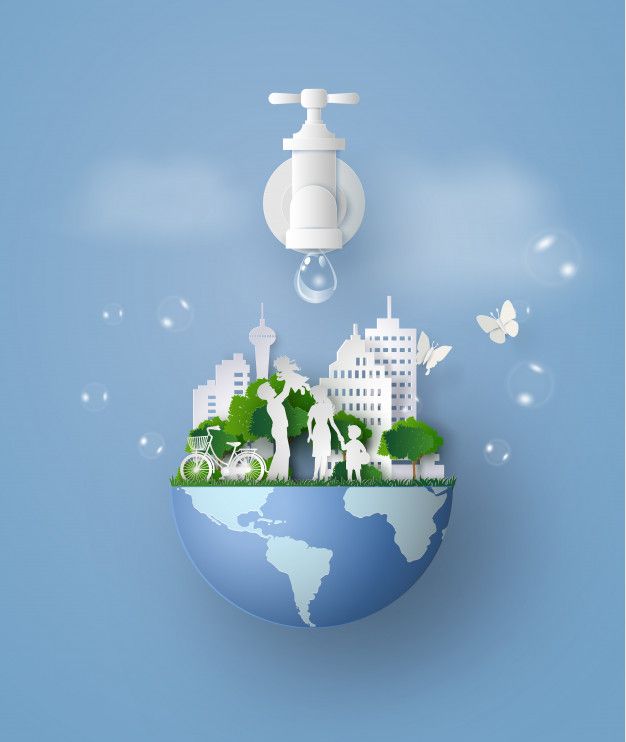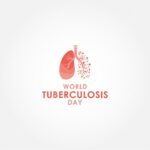8 Crucial Facts About World Water Day That Will Make You Appreciate Water Even More
World Water Day, celebrated annually on March 22, highlights the importance of fresh water and advocates for the sustainable management of water resources. Established by the United Nations in 1993, World Water Day encourages action to address water scarcity, promote water conservation, and raise awareness about the global water crisis.
What is World Water Day?
World Water Day is a global event dedicated to the advocacy of water conservation and the promotion of sustainable water usage. It serves as a reminder that clean, accessible water is a fundamental human right, and efforts must be made to preserve it for future generations.
History of World Water Day
- 1992: The idea for World Water Day emerged during the United Nations Conference on Environment and Development (UNCED) in Rio de Janeiro.
- 1993: The United Nations General Assembly officially declared March 22 as World Water Day.
- Annual Themes: Each year, World Water Day focuses on a specific theme related to water issues. Past themes have included “Water for All,” “Leaving No One Behind,” and “Valuing Water.”
World Water Day not only emphasizes the importance of water but also encourages individuals, organizations, and governments to take concrete actions to conserve water and protect water resources worldwide.
Daily Life Impacts of Water
Water plays an essential role in every aspect of our daily lives, and its significance is often underestimated:
- Health: Clean water is crucial for hydration and sanitation. It helps prevent waterborne diseases and promotes overall well-being.
- Food Production: Water is essential for agriculture, which provides the majority of our food. Without water, crops cannot grow, and food supplies are jeopardized.
- Economic Growth: Industries, from manufacturing to energy production, depend on a steady supply of water to function.
- Ecosystems: Water supports natural habitats, ensuring the survival of countless species and preserving biodiversity.
- Personal Hygiene: Water is necessary for basic hygiene, from washing hands to taking showers, contributing to better health outcomes.
How is World Water Day Observed?
World Water Day is observed through a variety of activities aimed at promoting water conservation and awareness:
- Educational Campaigns: Schools, universities, and NGOs host workshops and seminars to raise awareness about the global water crisis and encourage sustainable water use.
- Community Events: Communities organize activities such as water cleanups, tree planting, and local water conservation programs.
- Advocacy through Social Media: Individuals and organizations share information about water conservation using hashtags like #WorldWaterDay to amplify the message.
- Fundraising and Charity: Many organizations use World Water Day as a platform to raise funds for water-related causes, including building wells and providing clean drinking water in underserved areas.
- Art and Performance: Poets, musicians, and artists use creative expression to raise awareness about water issues through performances and installations.
8 Crucial Facts About Water
- Water Makes Up 71% of the Earth’s Surface: The Earth is abundant in water, yet only about 2.5% of it is fresh, and a large portion is locked in glaciers and ice caps.
- Water Scarcity Affects Billions: Over 2 billion people globally live in countries experiencing high water stress, and 785 million people lack access to clean water.
- Water and Climate Change: Changing weather patterns, such as droughts and floods, are exacerbating water scarcity in vulnerable regions.
- Water for Agriculture: Around 70% of global freshwater use goes toward agriculture, which feeds billions of people worldwide.
- Access to Clean Water Improves Health: Access to safe water is essential for preventing diseases such as cholera, malaria, and dehydration, which disproportionately affect developing nations.
- Wastewater Treatment: Proper wastewater treatment is vital for ensuring that water used in homes, industries, and agriculture is safely returned to ecosystems or reused.
- Water Conservation at Home: Simple actions, like fixing leaks and using water-efficient appliances, can significantly reduce water usage.
- The Economic Value of Water: Water is integral to all sectors of the economy—healthcare, agriculture, manufacturing, and more. Sustainable water management can drive long-term economic growth.
FAQs About World Water Day
Q1: Why is World Water Day important?
A: It highlights the growing global water crisis and emphasizes the need for sustainable water use to ensure that everyone has access to clean water.
Q2: How can individuals contribute to World Water Day?
A: People can conserve water by reducing wastage, supporting water-related charities, and raising awareness about the importance of water.
Q3: What are the challenges related to water access?
A: Factors such as climate change, population growth, pollution, and inadequate infrastructure contribute to challenges related to water access and quality.
Significance of World Water Day
- Promotes Global Awareness: World Water Day serves as a platform to educate people worldwide about the importance of water conservation and sustainable management.
- Encourages Action: It motivates individuals, governments, and organizations to take real action to address water scarcity and pollution.
- Protects Ecosystems: By raising awareness of the interdependence between water and ecosystems, World Water Day promotes environmental sustainability.
- Focuses on Equity: The day brings attention to the fact that access to clean water is a human right and emphasizes the need for equitable access for all people.
Wishing and Spreading the Message
Share the importance of water conservation with these inspiring wishes:
- “Happy World Water Day! Let’s protect this precious resource and ensure it’s available for future generations.”
- “Water is life. On World Water Day, let’s take action to conserve it and safeguard our planet.”
- “Every drop counts. Celebrate World Water Day by doing your part to protect water for all.”
Conclusion
World Water Day reminds us that water is not only essential to our daily lives, but it is also a limited resource that must be carefully managed. The global water crisis requires a collective effort from individuals, communities, and governments to preserve freshwater sources and ensure equitable access to clean water. On March 22, take a moment to reflect on how you can contribute to a sustainable water future and spread the message of water conservation.










